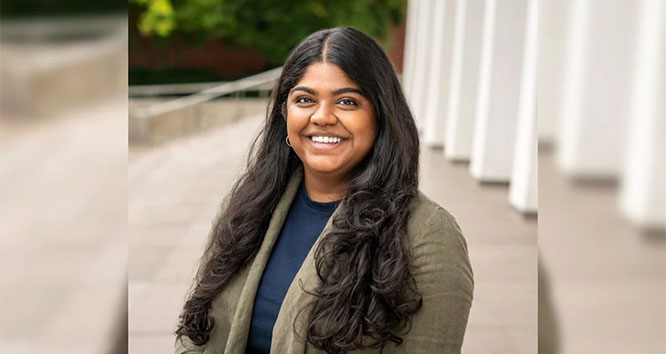Yangon, May 7: Two Reuters journalists who were under detention in Myanmar for more than 500 days after their conviction of breaking the Official Secrets Act on May 7, 2019 walked free from a prison on the outskirts of Yangon, witnesses said.
Wa Lone (33) and Kyaw Soe Oo (29) were convicted in September last and sentenced to seven years in jail. They were attested in December 2017. The case raised questions about Myanmar's progress toward democracy and sparked an outcry from diplomats and human rights advocates.
President Win Myint has pardoned thousands of other prisoners in mass amnesties since last month. It is customary in Myanmar for the authorities to free prisoners across the country around the time of the traditional New Year, which began on April 17.
Reuters has said the two men did not commit any crime and had called for their release.
Swamped by media and well-wishers as they walked through the gates of Insein Prison, on the outskirts of the commercial capital of Yangon, a grinning Wa Lone gave a thumbs up and said he was grateful for the international efforts to secure their freedom.
“I'm really happy and excited to see my family and my colleagues. I can't wait to go to my newsroom.”
Before their arrest, both had been working on an investigation into the killing of 10 Rohingya Muslim men and boys by security forces and Buddhist civilians in western Myanmar's Rakhine State during an army crackdown that began in August 2017. The operation sent more than 730,000 Rohingya fleeing to Bangladesh, according to U.N. estimates.
The report the two men authored, featuring testimony from perpetrators, witnesses and families of the victims, was awarded the Pulitzer Prize for international reporting in May, adding to a number of accolades received by the pair for their journalism. (https://reut.rs/2KFTSgQ)
Calls to a spokesman of the Myanmar government were not immediately answered.
Myanmar's Supreme Court rejected the journalists' final appeal in April. They had petitioned the country's top court, citing evidence of a police set-up and lack of proof of a crime, after the Yangon High Court dismissed an earlier appeal in January.
The reporters' wives wrote a letter to the government in April pleading for a pardon, not, they said, because their husbands had done anything wrong, but because it would allow them to be released from prison and reunited with their families.
“Months of dialogue”
The journalists were released at the prison to Lord Ara Darzi, a British surgeon and healthcare expert who has served as a member of an advisory group to Myanmar government, and a Reuters representative. Dr. Darzi waited for Wa Lone and Kyaw Soe Oo at the gates of the prison on a street where a group of dozens of reporters and photographers expecting a release of prisoners were also waiting.
In a statement to Reuters, Dr. Darzi (59), said their release came after months of dialogue with the government of Myanmar.
“I am delighted that they have been granted a pardon, released from custody, and are with their loved ones once more. I know that it will come as a huge relief to their families, friends and colleagues, Dr. Darzi said in the statement. This outcome shows that dialogue works, even in the most difficult of circumstances.
Dr. Darzi said discussions about the pardon for them had involved the Myanmar government, Reuters, the U.N. and representatives of other governments, but did not provide more detail on those closed-door talks.
Reuters had no immediate comment.
Dr. Darzi has been a member of an advisory commission that was formed to see through the advice from a panel headed by former UN chief Kofi Anan on solving the long-running conflict in Myanmars western region in the state of Rakhine.
Rakhine, on the Bay of Bengal, was the home to most Rohingya Muslims in Myanmar. Hundreds of thousands fled to Bangladesh after a military-led crackdown on the region in 2017.
Senior Myanmar government officials, diplomats and some international representatives are meeting in Yangon to discuss Rakhine this week.
The power of dialogue must be turned towards securing a lasting peace in Rakhine State and the return of the hundreds of thousands of refugees, whose desperate plight continues. This is essential if Myanmar is to build on todays progress so that all its citizens can live together in dignity in the hope of a better tomorrow, Dr. Darzi said in the statement.







Comments
Add new comment